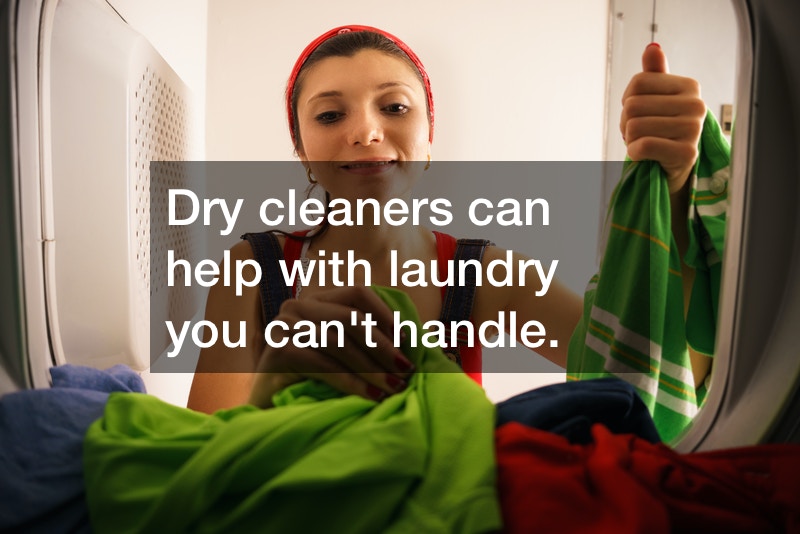

“How should I wash my clothes to keep them looking their best for the longest amount of time?” This is a common and important question many people ask on a regular basis. Not everyone has access to personal laundry facilities. And not all clothes and fabrics can be tossed into the washer or dryer. This is why services such as local dry cleaners and laundry services exist in an attempt to make it easier to clean clothes and keep them looking great.
There are many options to choose from when you need to get your clothes clean, and you do not have the time or the resources to do it yourself at home. One of the most common options is the local laundromat. You can also take advantage of the newest trend of automated laundry services where you hire laundry service to pick up and delivery your laundry at your home. Dry cleaners are still very common as well for those delicate and special care items that need a more professional touch.

The best way to clean laundry will largely depend on what types of clothes and materials you are dealing with so be sure to consider all available options.
The United States’ cleaning services industry employed approximately 3.2 million people as of May 2013. In 2016, the industrial laundry segment of this industry is projected to have roughly $7.45 billion in revenue.
The market worth of individual self-service coin laundries ranges from $50,000 to over $1 million. On an annual basis, they generate $15,000-to-$200,000.
According to the Coin Laundry Association, while these individual laundry facilities can be between 1,000-to-5,000 square feet, they average approximately 2, 250 square feet. In addition to various sizes of washers and dryers, coin laundries have folding areas and other amenities, such as sinks.
In general, coin laundries sell soap and other supplies needed for washing laundry. These may include supplies such as bleach, dryer sheets, and plastic laundry bags. In addition, some self-service coin laundry businesses also provide drop-off washing, folding, and ironing services for a fee.
Rolling laundry carts are one of the convenient items provided by coin laundries. Some of these carts can support roughly 1,000 pounds of laundry, which increases efficiency for industrial laundry facilities. Furthermore, it also demonstrates the sturdiness of a rolling laundry truck, or cart.
While these commercial rolling laundry trucks are sturdy, and can withstand a considerable amount of wear-and-tear, it’s important to note that they are also recyclable. When damaged, a rolling laundry cart can be recycled by a plastic recycling company.
When thinking about recycling, many Americans tend to focus on items such as plastic containers and bags. Approximately 90% of Americans claim that they re-use their plastic bags, however, which greatly contributes to recycling efforts.
Self-service coin laundries usually have garbage cans or bins, where many customers may throw away potentially recyclable items. In addition to having garbage cans, it’s important to also have custom recycling bins available. Labeling these containers and placing them side-by-side is one way to encourage recycling.
Another way to encourage recycling is to post informational flyers up in self-service laundry facilities. Since these businesses tend to attract local customers, they are a potential community hub and source for important recycling tips.
Having clothes and household linen donation bins can also contribute to recycling efforts. When customers discover that they no longer want or need the items that they have just washed, all they need to do is place them in the bin. Donating these used clothing and household linens to local non-profit organizations benefits the community. Furthermore, it keeps these items out of landfills.